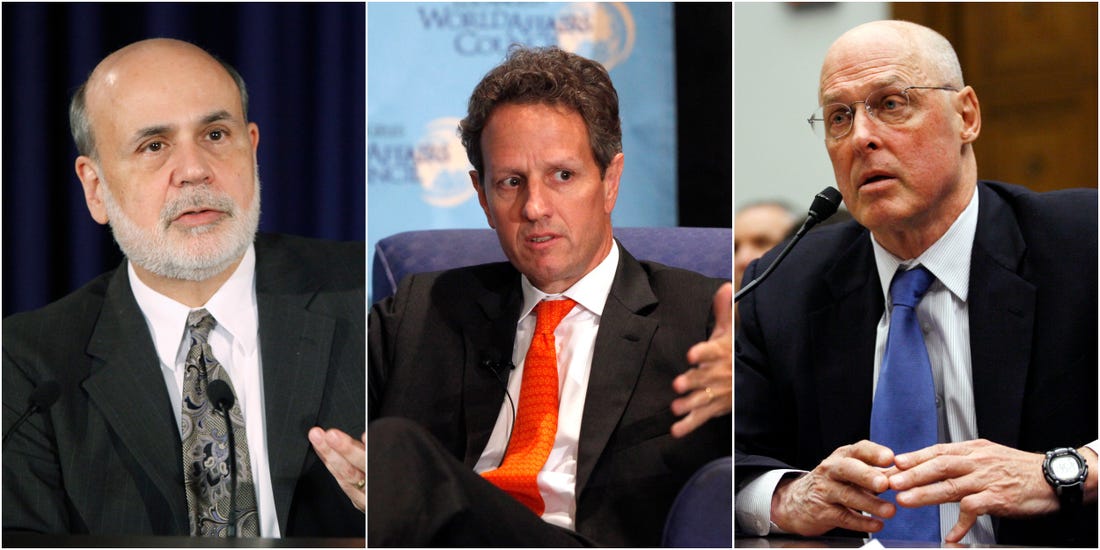
A few months ago I wrote a column entitled “The Sutra of the Heart of Financial Knowledge” (5/08/08). It was a satire about the emptiness of money, but at its center was a serious message. Based on the famous Heart Sutra, I may have reached too deeply into the Buddhist lexicon for many readers to fully appreciate, but my intended objective was to point out the dysfunctional nature of America’s financial system.
At that time, the Federal Reserve had just guaranteed the purchase of Wall Street’s Bear Sterns securities brokerage by securities broker Morgan Stanley, an unprecedented use of the Feds power to risk public money (they get it the old fashioned way … they print it!) to guarantee private debt. Some have described this approach as socializing loss and privatizing profit, and I think that is a fairly accurate description.
Today, Fannie Mae and Freddie Mac, the government-sponsored private mortgage companies which together control over 50 percent of the mortgages written in America, are in big trouble and may require a Fed bailout. The failure of these two major financial institutions would likely cause a cascading collapse of the entire economic system.
No one precisely knows how and where the trillions of dollars in America’s financial markets function. Unrestrained and unregulated Wall Street creativity over the past 20 years has made it all but impossible to understand our Gordian knot of interdependent economic relationships. Thus the impacts of the subprime mortgage crisis have migrated to the housing market in general, which has impacted varying financial institutions that became big players in mortgage “bundling” schemes so complicated and intricate that nobody actually understood what they were buying or the risks involved. Though entirely empty of any stable underlying value, these debt and security instruments nonetheless sold like hotcakes to national and international investment houses greedy for ever-greater profits. All this while Treasury Secretary Henry Paulsen and the chair of the Federal Reserve Bank, Ben Bernanke, continued and continue to this day to talk about “sound economic fundamentals.” In reality, they are as clueless as everyone else about what is going on and what to do about it. The system has become too big, complex and interdependent for anyone to fully understand or predict.
Our economic leaders know one thing for sure: economics is all about confidence. If the foreign holders of our dollars decide to stop buying them or begin to unload their dollar investments, America will have to quickly learn to live within its means. The fed chair and treasury secretary know this, and they understand that job number one is to maintain confidence in the American economy, so they will say anything that accomplishes that. In an era of unregulated, undisciplined and frankly sleazy investment strategies, this has become challenging, and appears to have evolved from a sincere effort to instill confidence to a dishonest confidence game intended to hide the truth.
This brings me back to emptiness and “the heart of financial knowledge.” What are we to make of an economic system bereft of any underlying value other than confidence? Confidence is not something you can hold in your hand or eat for dinner. Confidence is simply an emotional construct of conceptual mind, and based upon the statements of Paulsen and Bernanke, we can clearly see the emptiness of that.